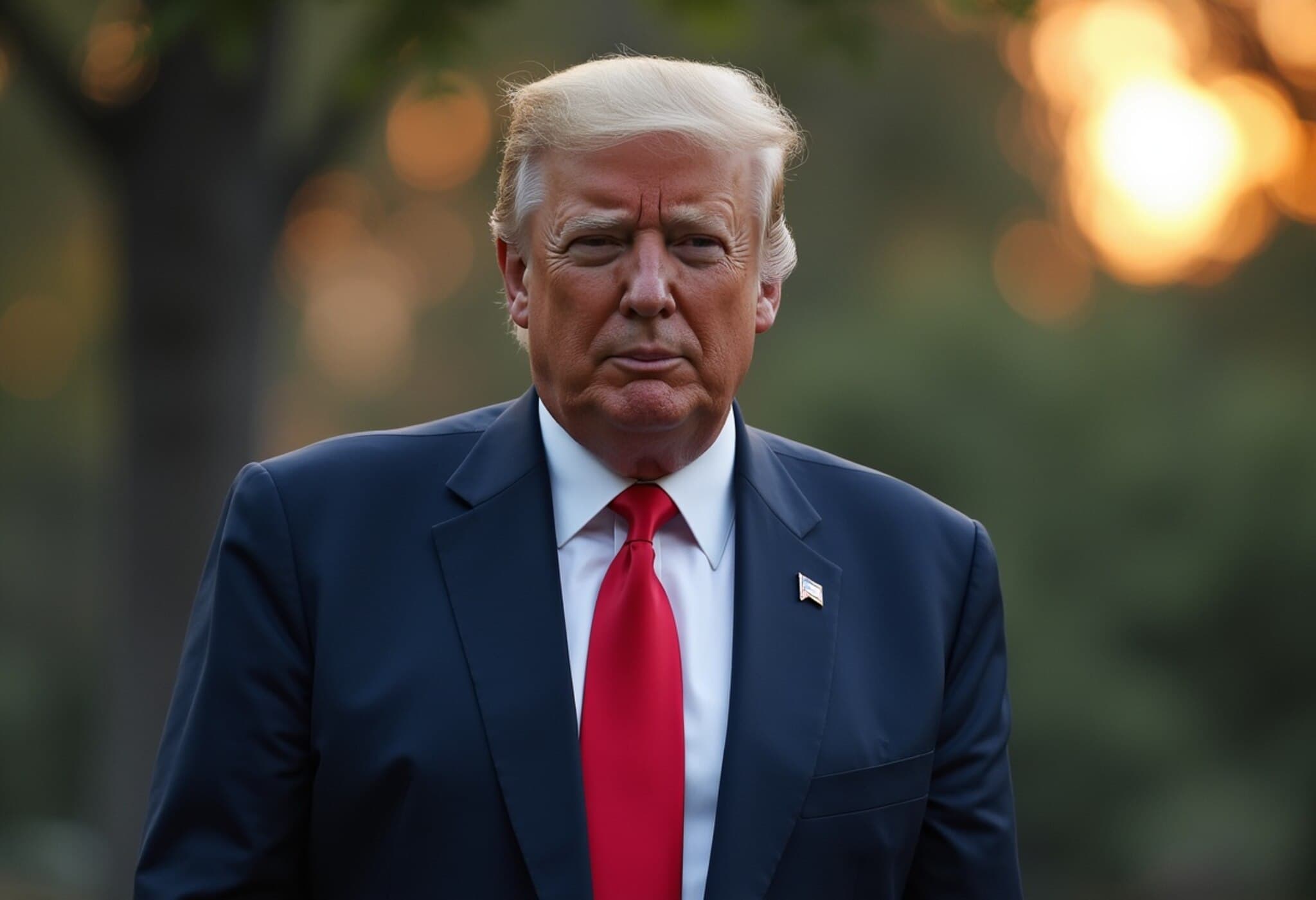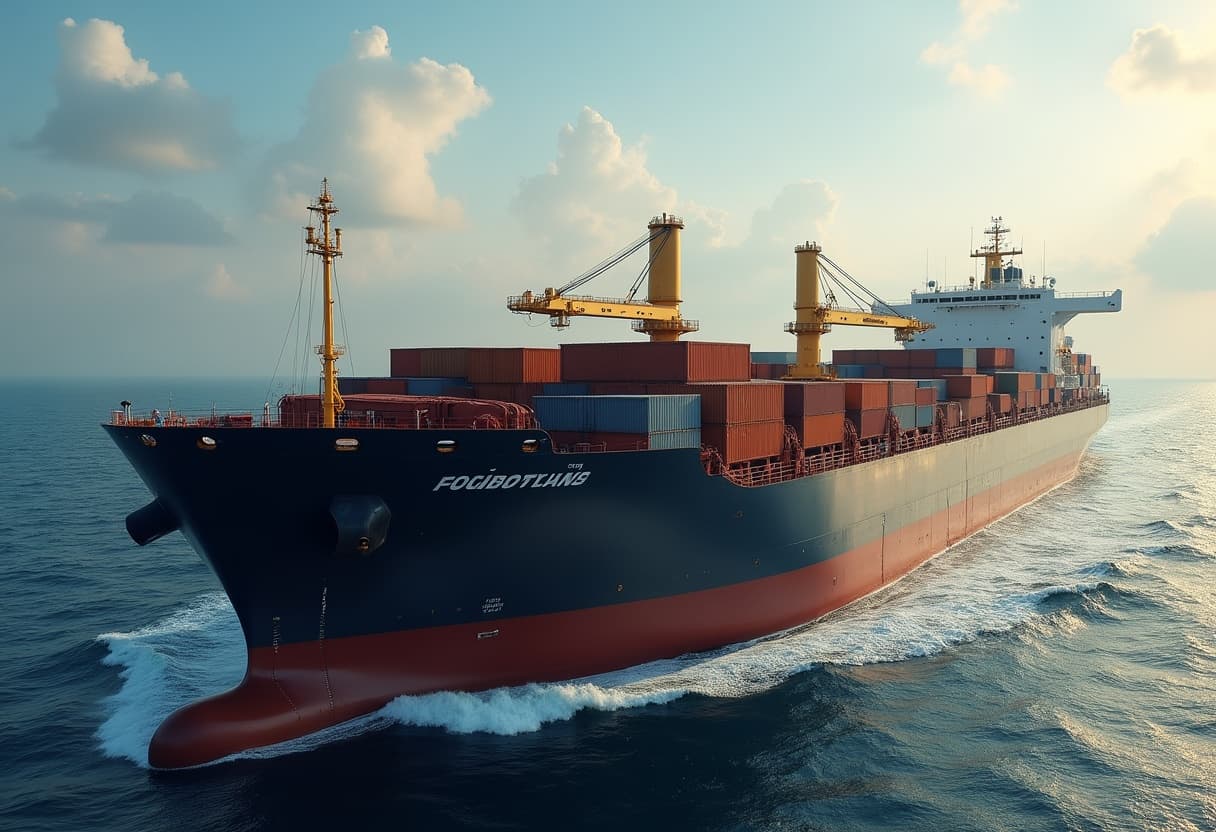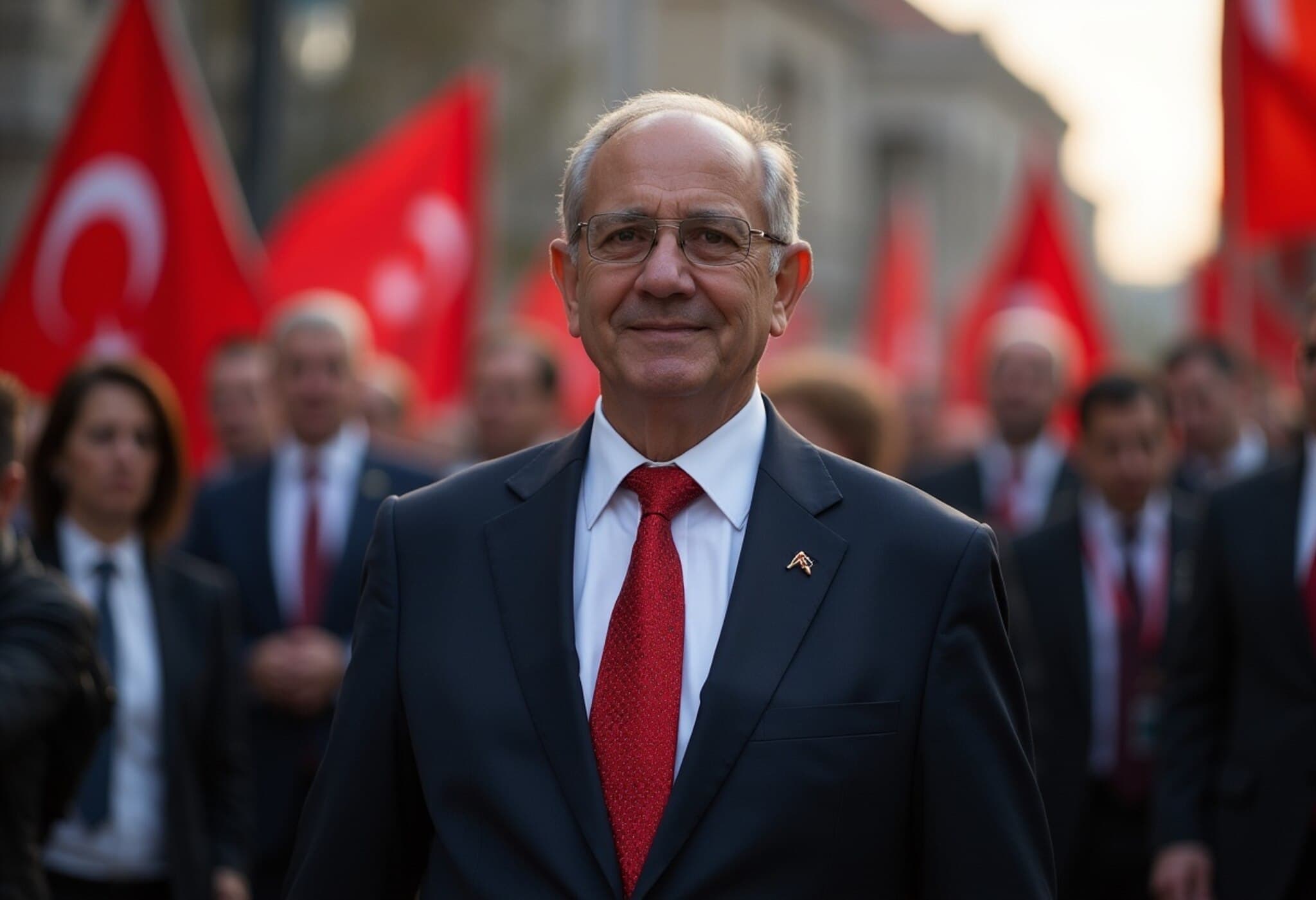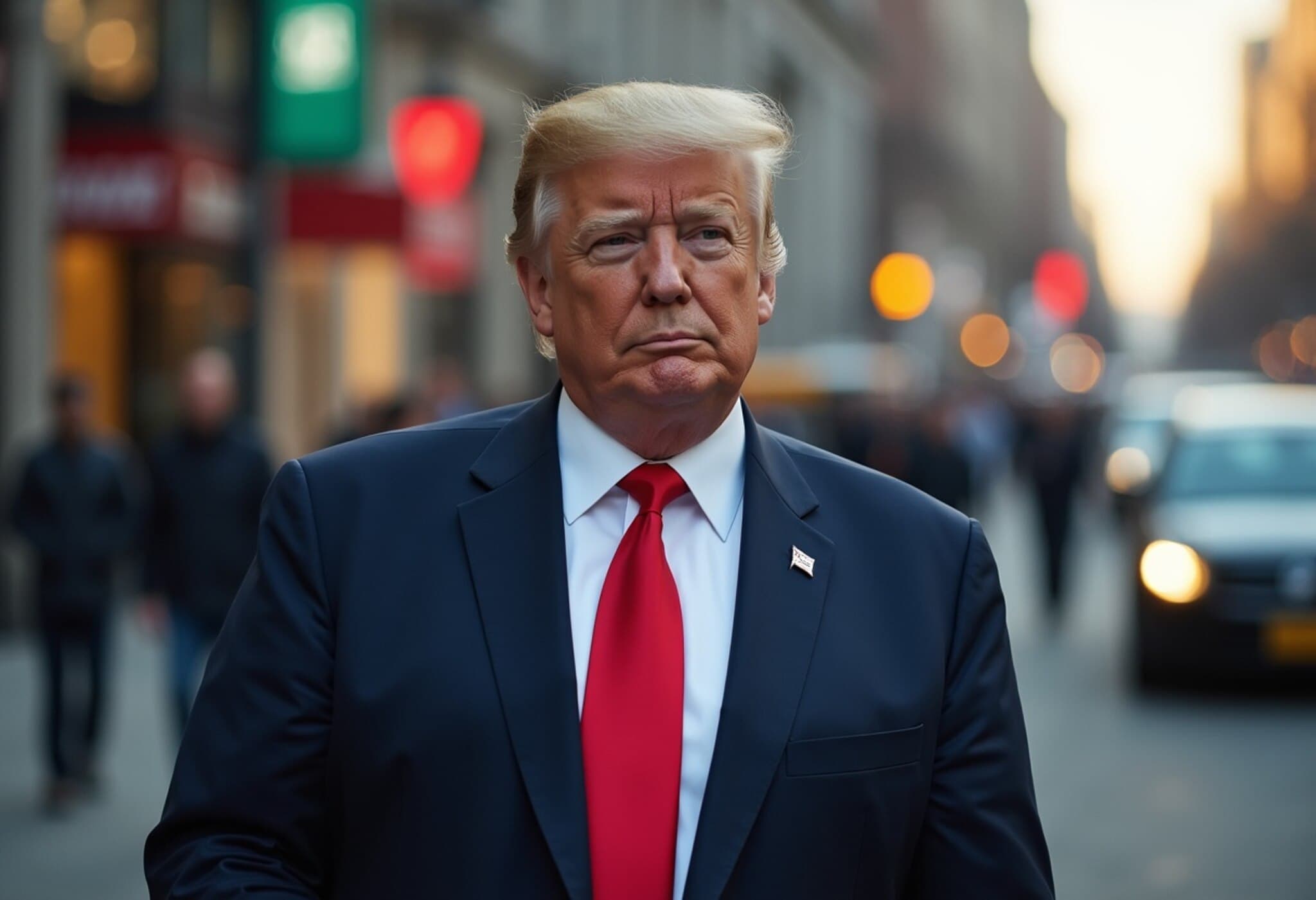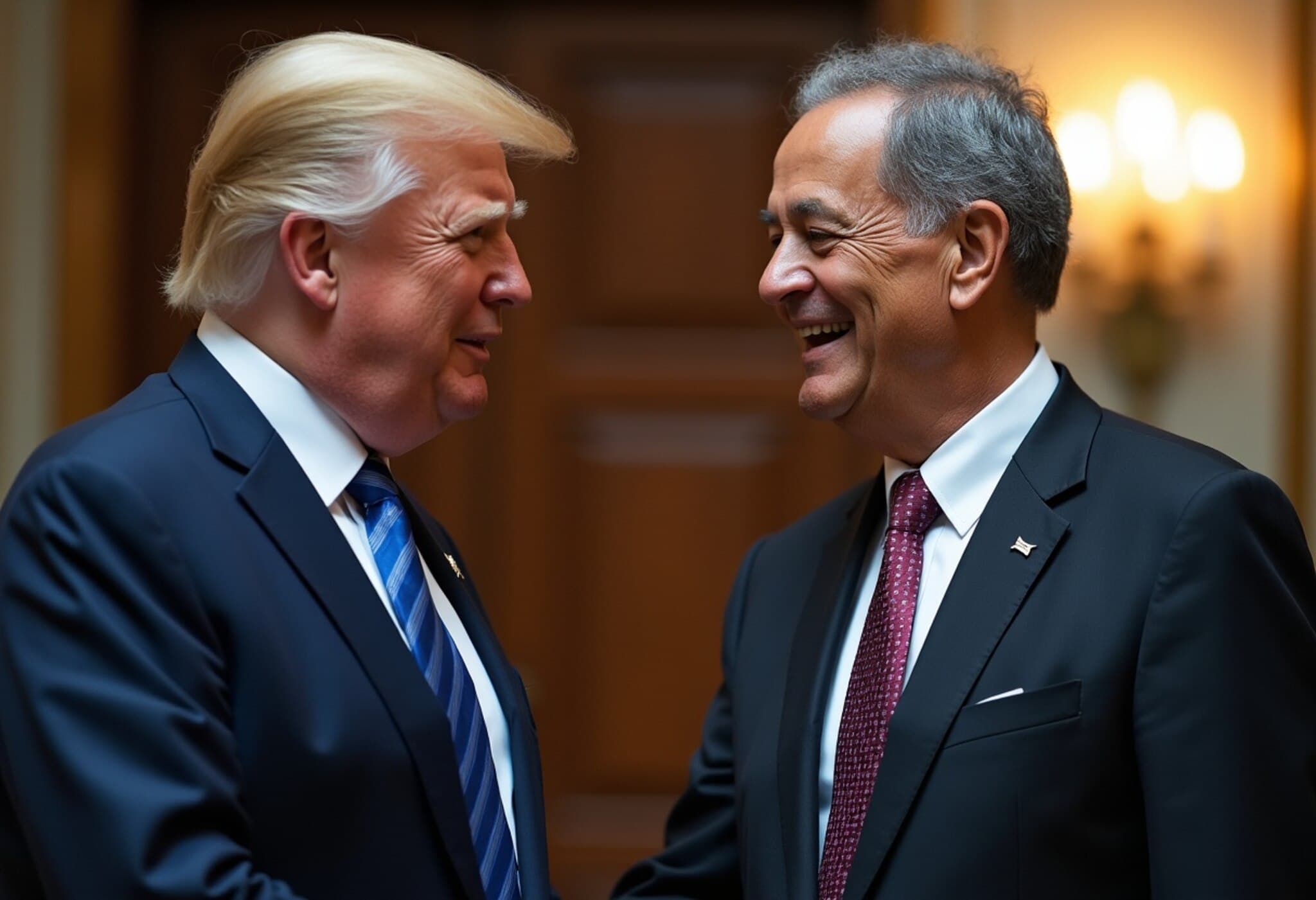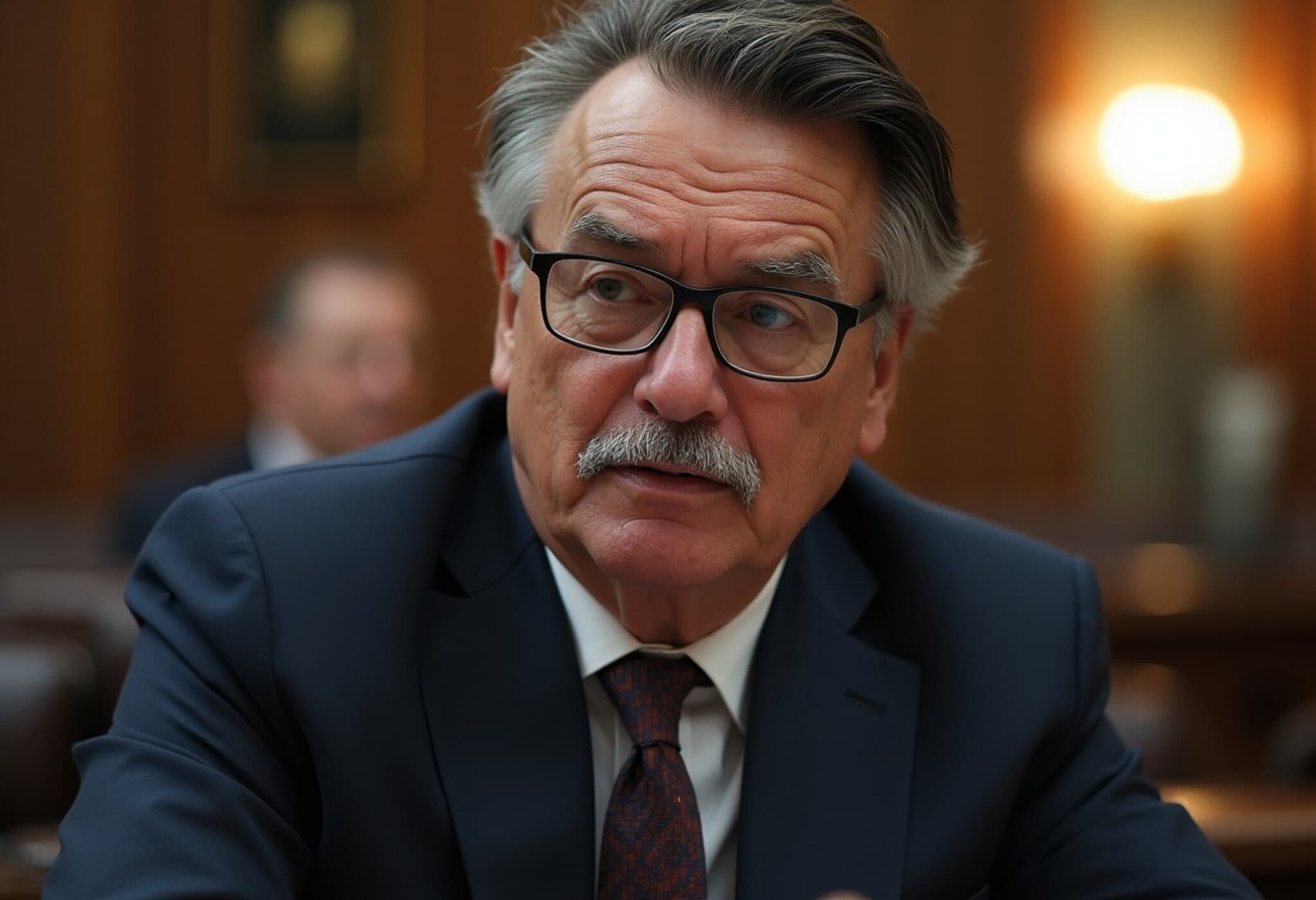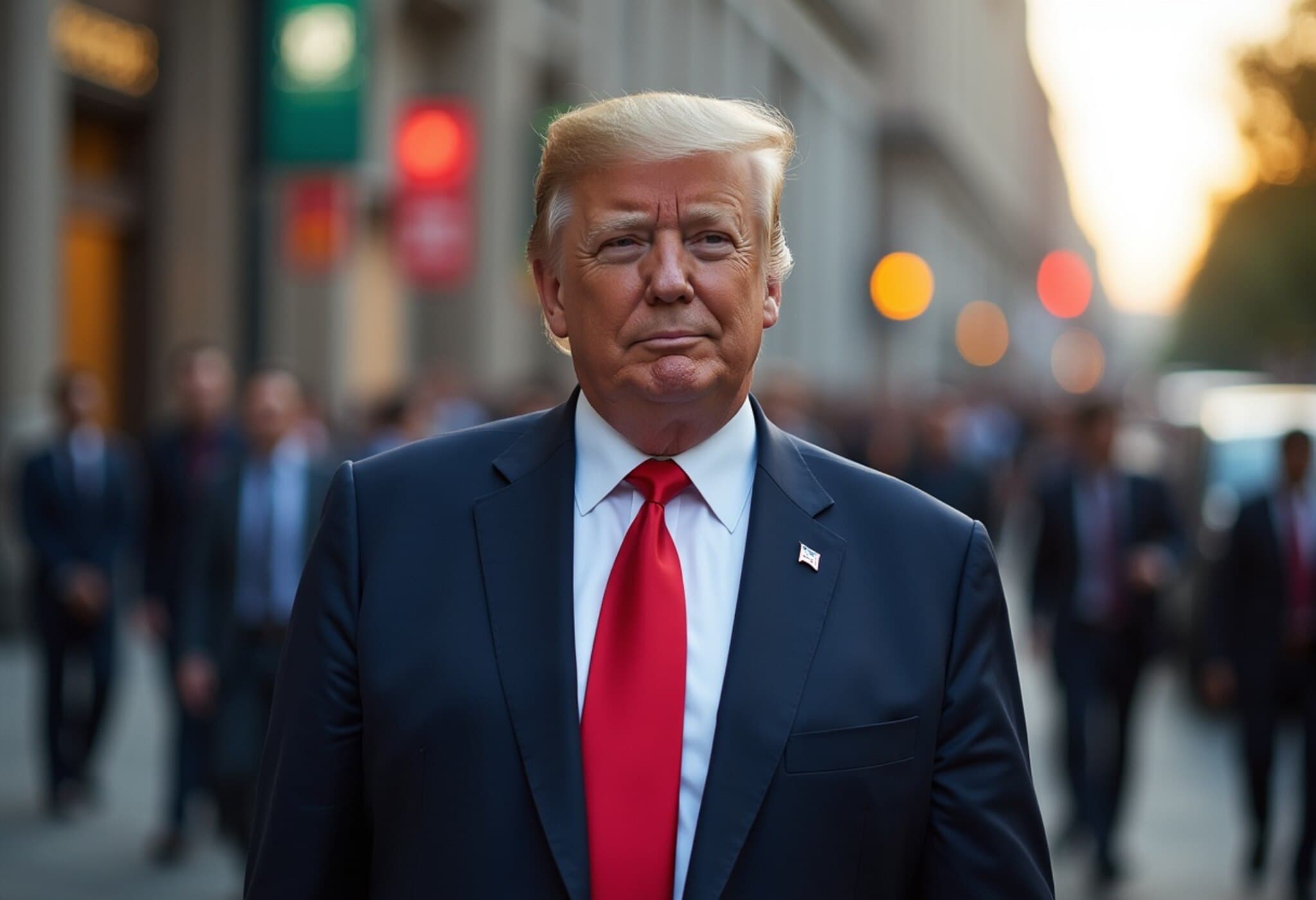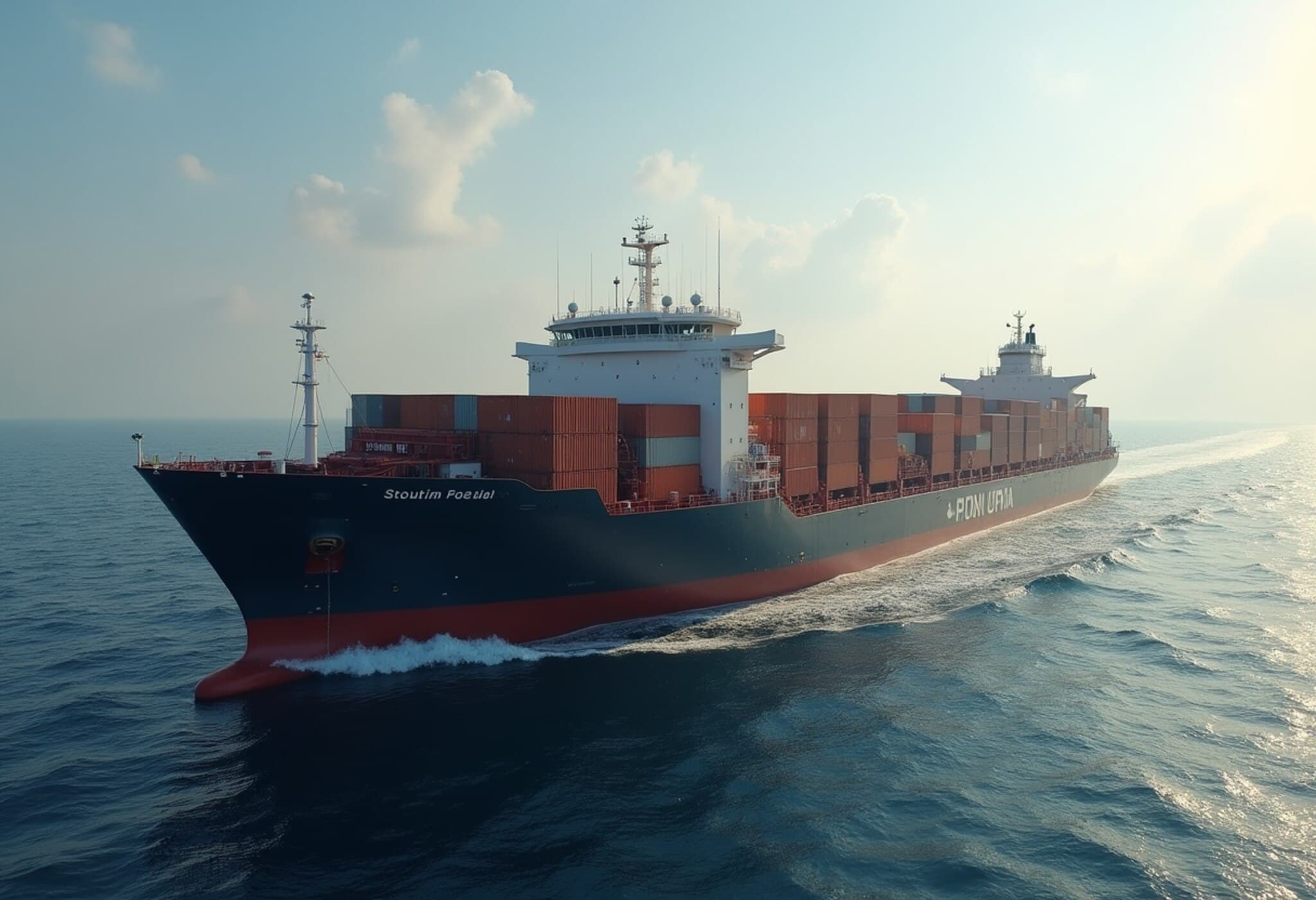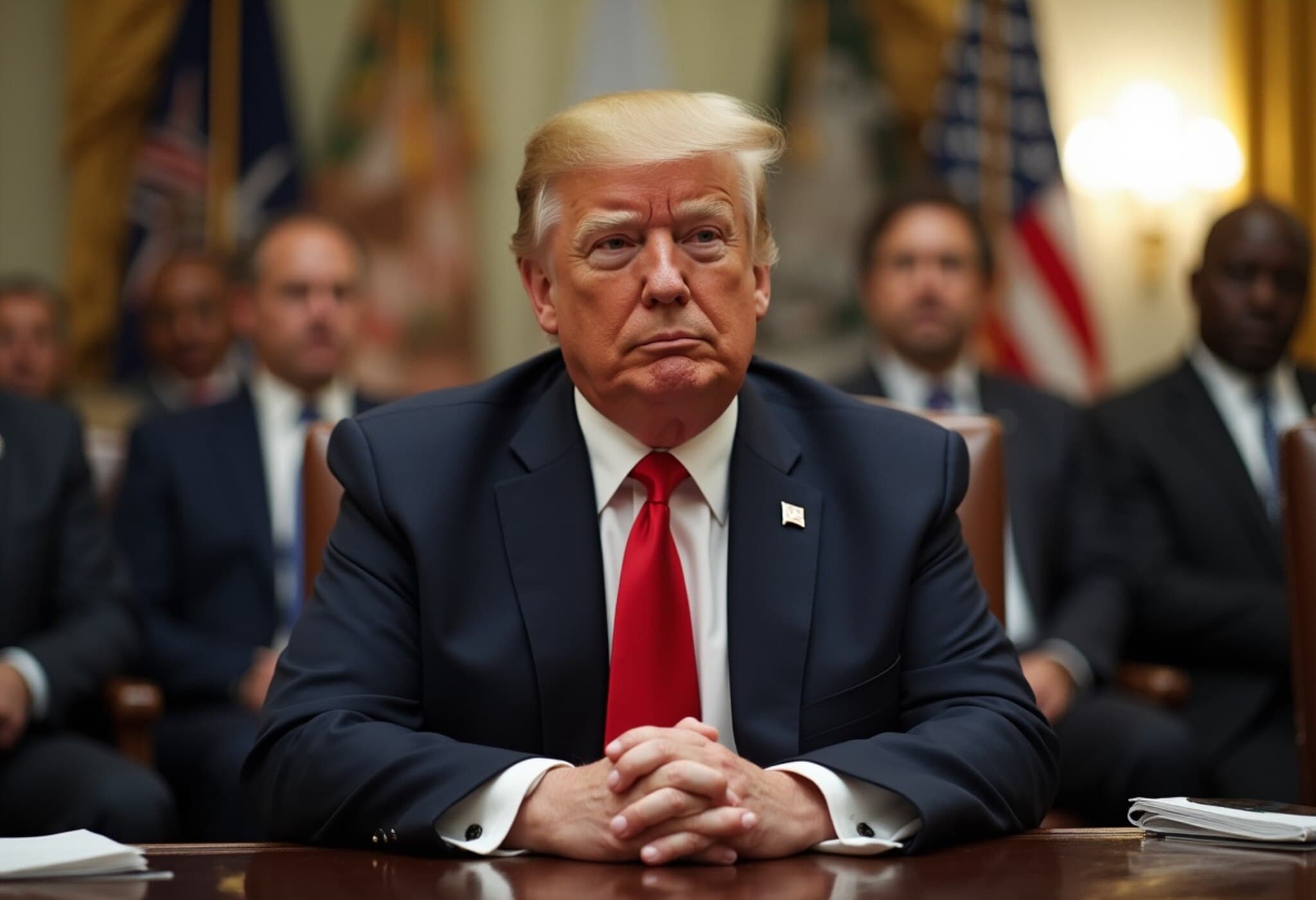Trump Escalates Trade Tensions with Brazil by Imposing 50% Tariffs
On July 9, 2025, US President Donald Trump sharply increased economic pressure on Brazil, announcing a sweeping 50% tariff on all Brazilian imports. This move marks a dramatic escalation in ongoing tensions between the two nations, sparked by allegations against Brazil’s former President Jair Bolsonaro and diplomatic clashes with current President Luiz Inácio Lula da Silva.
Background: Diplomatic Fallout Over Bolsonaro’s Trial
Earlier this week, Trump publicly criticized Brazil’s judiciary, denouncing what he called a "witch hunt" targeting Bolsonaro. Bolsonaro is currently on trial over accusations that he attempted to orchestrate a coup to prevent Lula da Silva from assuming office in 2023. Lula, in response, stood firm on Brazil’s sovereignty and rule of law, emphasizing that "No one is above the law" and rejecting any form of foreign interference.
The dispute reached social media, with Trump posting an open letter on his platform Truth Social declaring the tariff measures. In it, he accused Brazil of launching "insidious attacks on Free Elections, and the fundamental Free Speech Rights of Americans" while criticizing Brazilian policies toward US technology firms.
Economic Impact and Political Reactions
The tariffs are set to take effect on August 1, ramping up from a previously established 10% levy introduced earlier this year in April. Given that the United States is Brazil’s second-largest trading partner after China, this represents a significant escalation that is already rattling markets. Following Trump’s announcement, the Brazilian real's value plunged by approximately 2%, compounding existing economic challenges.
Key Brazilian companies like embraer, the aerospace manufacturer, and Petrobras, the state-controlled oil giant, have also suffered losses in the US market amid fears of disrupted trade relations.
In response, Brazil’s President Lula convened an emergency meeting with top government officials, including the Vice President and Finance Minister, to formulate strategies addressing the mounting tariffs and diplomatic strain. To date, the Brazilian government has withheld an official public comment about the US tariffs.
Contextual Analysis: Trade Strategy Meets Geopolitical Rivalry
This latest tariff imposition should be viewed through a broader lens of Trump’s unconventional trade diplomacy. Since returning to office, he has employed direct public messaging, including open letters to multiple countries such as South Korea, Sri Lanka, and Japan, to announce trade measures.
Experts note that Trump's tariff strategy serves multiple purposes:
- Political Signaling: Reinforces his image as a tough negotiator confronting what he perceives as unfair foreign practices.
- Economic Leverage: Applies pressure to influence Brazil’s domestic politics and protect American tech interests.
- Geopolitical Messaging: Sends a warning to other countries about consequences of actions perceived as hostile or undermining democratic norms aligned with US interests.
On the flip side, critics argue that such tariff hikes may backfire by destabilizing global supply chains, inflating costs for American consumers and businesses reliant on Brazilian imports, and aggravating international relations.
What's Next?
With the tariff enforcement date looming, attention now centers on how Brazil will counter this economic challenge. The Brazilian government’s response will be critical not only for bilateral ties but also for broader regional trade dynamics in Latin America.
Moreover, this episode raises pressing questions about the evolving norms of trade diplomacy, the potential consequences of politicizing judicial processes in allied countries, and the balancing act between economic interests and geopolitical strategies.
Editor’s Note
This unfolding US-Brazil dispute underscores how international trade policy can rapidly become entwined with political and judicial matters, revealing vulnerabilities in global partnerships. Readers should watch for developments on the Brazil side’s response strategy and how this impacts both markets and democratic governance narratives. The case also invites reflection on the wider implications of using tariffs as instruments for political leverage and the importance of multilateral dialogue to defuse escalating conflicts.

